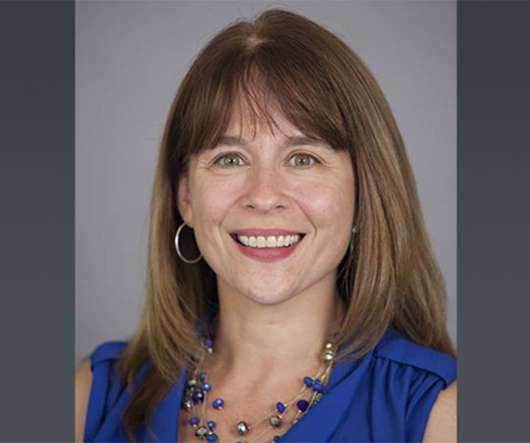Social Workers as Leaders on Palliative Care Teams: A Podcast with Barbara Jones
GeriPal
SEPTEMBER 1, 2022
Social workers augment a team’s ability to provide whole-person care, often aiding to identify and meaningfully address the wide variety of challenges and unmet needs faced by individuals and families facing serious illness. And so when you have that, that’s so good for the family. That’s so good for us. What did you learn?














Let's personalize your content